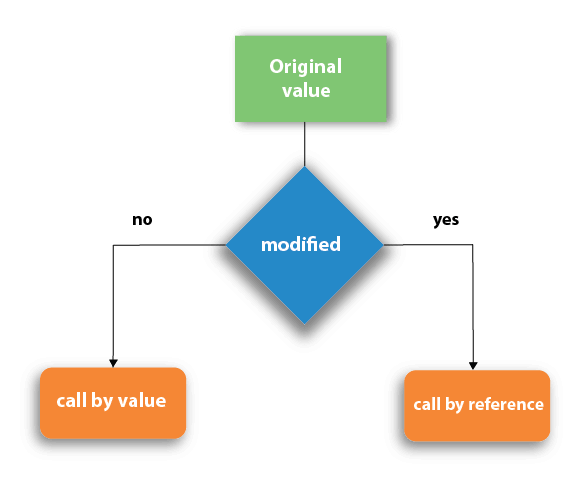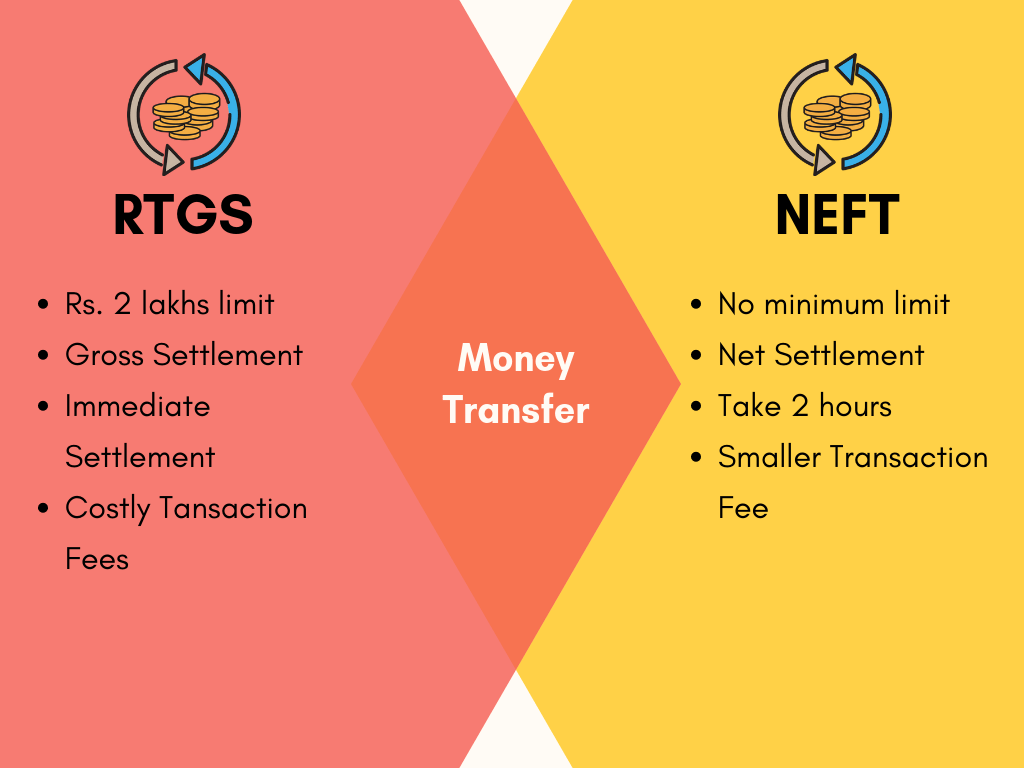Both Call by reference and Call by value are significant functions of programming languages. Call by value is indeed the function where the copying variable pass. However, reference is defined as the calling of a function where a variable address is used in the programming language.
Multiple Differences between call by value and call by reference

Variable
Both terms, Call by value and Call by reference, vary from each other. In the case of Call by value, there is the passing of a copy of the variable. However, in the Call by reference, there is no variable copy being passed but the variable himself. In the case of Call by reference, there is the storage of variable addresses in the pointers. In the case of Call by value, the straightforward method uses to pass the variable.
Formal and Actual Arguments
Another significant difference between Call by reference and Call by value is the formal and actual arguments and their location. In the case of Call by value, there are formal and actual arguments in different memory locations. However, in Call by reference, formal and actual arguments are effectively created in the exact memory locations.
Original Value
In the case of Call of reference, the original does not remain intact but modified. However, for Call by value, there is no modification of the original value. Hence, it becomes tough to use Call by value whenever there is a need to change the original value.
Programming Languages
Specific programming languages are prevalent and used as the default method in Call by value. These include C#, Visual Basic NET, PHP, and C++. However, the Java language is the one that supports Call reference.
Safety Difference between call by value and call by reference
In Call by value, there is no modification for the actual arguments, and they remain entirely safe. However, in the case of Call by reference, there are chances of accidental modification. Here, the actual arguments are pretty risky and do not seem safe. Hence, one needs to secure all of the argumental operations quite carefully.
Advantages Difference between call by value and call by reference
The pros of Call by value include the persevering of data. It maintains data originality and secures it to the optimum. The alteration of the actual content leads to incorrect output. But in Call by value, all such issues protect. If there are some changes made by mistake, then the Call by reference prevents it. The code reading person knows well that there cannot be any modification to the value of the function. Call by value allows the fabulous memory allocation, which grants more value to it.
Disadvantages
The Call by value method and Call by reference method has certain limitations or disadvantages. In the case of the Call by value method, it is significant to have a variable in arguments, and some of the times, it comprises complex expressions. The same variable creates two copies that are not memory efficient. The massive issue with the Call by reference method is that it does not give a lifetime guarantee. It is pretty dangerous while working with multi-thread and lambdas programs.
Also read: how to clean a mousepad


